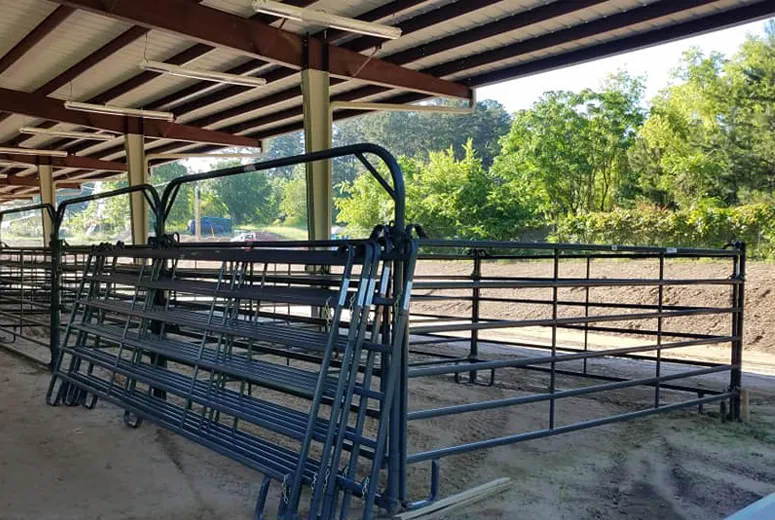- Afrikaans
- Albanian
- Amharic
- Arabic
- Armenian
- Azerbaijani
- Basque
- Belarusian
- Bengali
- Bosnian
- Bulgarian
- Catalan
- Cebuano
- Corsican
- Croatian
- Czech
- Danish
- Dutch
- English
- Esperanto
- Estonian
- Finnish
- French
- Frisian
- Galician
- Georgian
- German
- Greek
- Gujarati
- Haitian Creole
- hausa
- hawaiian
- Hebrew
- Hindi
- Miao
- Hungarian
- Icelandic
- igbo
- Indonesian
- irish
- Italian
- Japanese
- Javanese
- Kannada
- kazakh
- Khmer
- Rwandese
- Korean
- Kurdish
- Kyrgyz
- Lao
- Latin
- Latvian
- Lithuanian
- Luxembourgish
- Macedonian
- Malgashi
- Malay
- Malayalam
- Maltese
- Maori
- Marathi
- Mongolian
- Myanmar
- Nepali
- Norwegian
- Norwegian
- Occitan
- Pashto
- Persian
- Polish
- Portuguese
- Punjabi
- Romanian
- Russian
- Samoan
- Scottish Gaelic
- Serbian
- Sesotho
- Shona
- Sindhi
- Sinhala
- Slovak
- Slovenian
- Somali
- Spanish
- Sundanese
- Swahili
- Swedish
- Tagalog
- Tajik
- Tamil
- Tatar
- Telugu
- Thai
- Turkish
- Turkmen
- Ukrainian
- Urdu
- Uighur
- Uzbek
- Vietnamese
- Welsh
- Bantu
- Yiddish
- Yoruba
- Zulu
Dec . 04, 2024 09:59 Back to list
Steel Construction Warehouses An Overview
In today's rapidly evolving industrial landscape, warehouses play a crucial role in storing goods and managing supply chains. Among the various construction materials, steel has emerged as one of the most favorable choices for warehouse buildings. Its inherent properties such as strength, durability, and versatility make it ideal for various applications. This article will explore the benefits of steel construction in warehouses, its applications, and future trends in this sector.
The Advantages of Steel Construction
One of the foremost advantages of using steel in warehouse construction is its high strength-to-weight ratio. Steel structures can support large loads while remaining lightweight, which simplifies the construction process and enables longer spans without intermediate support. This feature is particularly beneficial for warehouses, as it allows for larger open spaces that can accommodate an extensive array of goods and materials.
Additionally, steel is resistant to many common issues that plague traditional building materials. For instance, wood is susceptible to rot, pests, and fire, while concrete can crack and degrade over time. Steel, on the other hand, is resistant to these problems, leading to lower maintenance costs and prolonged lifespan for the structure. This durability ensures that businesses can rely on their warehouse facilities for years to come without incurring significant repair costs.
Cost efficiency is another key aspect of steel warehouse construction. While the initial investment in steel may be higher compared to other materials, the long-term savings in terms of maintenance, durability, and energy efficiency often make it a more economical choice. Moreover, the speed of construction is considerably faster with steel, enabling businesses to set up their operations without prolonged delays.
Applications of Steel Warehouses
steel construction warehouse

Steel warehouses are versatile and can be customized to meet various industrial needs. They are commonly used in logistics, manufacturing, and distribution centers. In logistics, steel warehouses facilitate the storage and distribution of goods, playing a crucial role in supply chain management. The open space and clear span design allow for efficient movement of vehicles and equipment within the warehouse, optimizing workflows.
Manufacturing facilities also benefit from steel construction. The strength of steel enables the integration of heavy machinery and equipment without compromising the integrity of the structure. This is particularly important in industries such as automotive or electronics, where manufacturing processes demand high precision and operational efficiency.
Moreover, steel warehouses can be designed to accommodate advanced technologies, including automated storage and retrieval systems (AS/RS), which maximize storage capacity and improve inventory management. With the rise of e-commerce, these features have become increasingly important, ensuring that warehouses can adapt to the growing demands of online retail.
Future Trends in Steel Warehouse Construction
As technology advances, the future of steel construction in warehouses looks promising. One notable trend is the increasing use of sustainable and recyclable materials, aligning with global efforts to reduce carbon footprints. Steel is 100% recyclable, making it an environmentally friendly option. The implementation of green building practices in warehouse design, such as incorporating energy-efficient lighting, insulation, and renewable energy sources, is also on the rise.
Moreover, innovations in design and manufacturing techniques, such as modular construction and pre-engineered steel buildings, are significantly enhancing the efficiency of steel warehouse construction. These methodologies not only reduce construction time but also allow for greater flexibility in design, enabling businesses to modify their warehouse spaces in response to changing needs.
In conclusion, steel construction in warehouses is a strategic choice for businesses looking to optimize their operations, reduce costs, and enhance durability. Its numerous advantages, ranging from strength and resilience to cost efficiency and sustainable practices, position steel as the material of choice for future warehouse developments. As industries continue to evolve, steel warehouses will undoubtedly play a pivotal role in supporting growth and innovation, ensuring businesses can meet the demands of an increasingly dynamic market.
-
How Do Prefabricated Steel Structures Transform Modern Construction?
NewsJul.14,2025
-
How Do Prefabricated Metal Buildings Redefine Modern Construction?
NewsJul.14,2025
-
How Do Prefab Insulated Metal Buildings and Steel Structures Revolutionize Modern Construction?
NewsJul.14,2025
-
How Do Pre - Engineered Steel Structures Redefine Modern Construction?
NewsJul.14,2025
-
Advancing Modular Construction with Prefabricated Metal Structures
NewsJul.14,2025
-
Advancing Industrial Infrastructure with Prefabricated Steel Solutions
NewsJul.14,2025
Products categories
Our Latest News
We have a professional design team and an excellent production and construction team.












